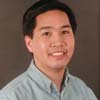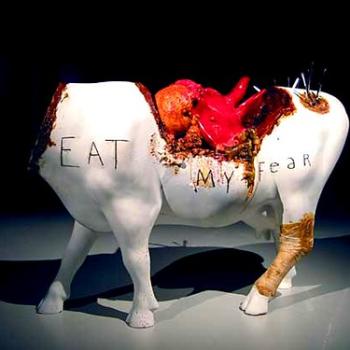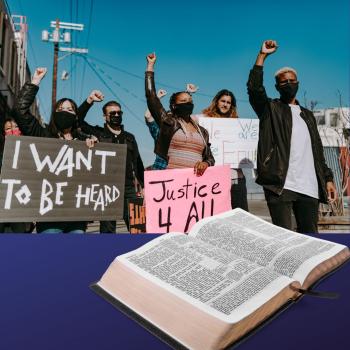 By Al Hsu
By Al Hsu
Journalist Bill Bishop and sociologist Robert Cushing's 2008 book The Big Sort describes how people organize themselves geographically to live near politically like-minded people. Conservatives tend to live near other conservatives, and liberals near other liberals. These generally homogeneous communities provide social networks and plausibility structures that reinforce certain worldview perspectives and not others. This self-sorting results in echo chambers where conservatives become more conservative and liberals more liberal, since neither side receives the moderating influence of the other.
Evangelicals may be experiencing a "big sort" of their own, if not geographically then theologically, sociologically, and psychographically, as they gather with like-minded tribes at specific conferences. In April 2010, evangelical Christian institutions or organizations sponsored six separate national conferences: Together for the Gospel, the Wheaton Theology Conference, Calvin College's Festival of Faith and Writing, North Park University's 4 Days 4 Justice, the new church conference Exponential 10 in Orlando, and the Fermi Project's Q Gathering in Chicago. These six conferences provide a window into how contemporary evangelical Christianity is fragmented and tribalized into distinct subcultures.
Finding Our Tribe
Like-minded people and structures reinforce our subcultural identity. The more we read certain blogs or books by certain authors in a certain community, the more radically invested we become in that tribal identity. Attending conferences with like-minded individuals is a powerful reinforcer of tribal commitments. Since travel and conference costs are a significant investment, conferences serve as external markers of one's dedication to the community. The attendees are not casual dilettantes; they are the true believers. Such conferences reinforce the message: You are not alone in your convictions and your identity. This is your tribe.
The aforementioned six conferences were not the only options available that spring, or even that month. Every year, dozens of conferences are scattered across the evangelical landscape. Some have been held for decades, such as Urbana or the Christian Community Development Association (CCDA); others are relatively new, like Catalyst, Story, or Origins. Most have a particular focus, like Renovare's emphasis on spiritual formation or Passion's focus on worship. A distinctive "brand identity" sets each conference apart from the others.
When individual evangelicals attend conferences such as the ones held in April 2010, they see a larger corporate vision of Christian community. But are such conferences truly a comprehensive picture of the kingdom of God, or only a narrow picture of a particular tribal subculture?
Parallel Universes
Consider the speakers at each of these conferences, the most visible "heroes" and spokespeople for each tribe. Together for the Gospel's speakers included John Piper, Mark Dever, R. C. Sproul, Albert Mohler, John MacArthur, and Joshua Harris. The Wheaton Theology Conference featured N. T. Wright (whose work was the focus of the conference), Kevin Vanhoozer, Jeremy Begbie, Edith Humphrey, Richard Hays, and Markus Bockmuehl. The Calvin Festival of Faith and Writing highlighted Mary Karr, Eugene Peterson, Kate DiCamillo, Stephen Carter, Parker Palmer, Luci Shaw, and Sara Miles. Headlining 4 Days 4 Justice were Soong-Chan Rah, Lisa Sharon Harper, Richard Twiss, Mimi Haddad, Terry LeBlanc, Andrea Smith, and Peter Heltzel. Exponential's speakers included Dave Ferguson, Ken Blanchard, Alan Hirsch, Efrem Smith, Shane Claiborne, Brenda Salter-McNeil, and Francis Chan. On the platform at Q were Tim Keller, Brian McLaren, Phyllis Tickle, Scot McKnight, Richard Florida, Soledad O'Brien, and David Aikman.




